OffsetDateTime
You said:
I have received a string in format "yyyy-MM-dd'T'HH:mm:ssXXX"
e.g. "2020-06-01T11:04:02+02:00"
No need to define a formatting pattern. Your input complies with the ISO 8601 standard.
These standard formats are used by default in the java.time classes when parsing/generating strings.
Your input should be parsed as a OffsetDateTime.
String input = "2020-06-01T11:04:02+02:00" ;
OffsetDateTime odt = OffsetDateTime.parse( input ) ;
odt.toString(): 2020-06-01T11:04:02+02:00
Offset-from-UTC versus time zone
You said:
I don't know the time zone actually.
That +02:00 on the end is not a time zone. That text represents a mere offset-from-UTC. An offset is just a number of hours-minutes-seconds, positive or negative. A time zone is much more. A time zone is a history of the past, present, and future changes to the offset used by the people of a particular region. A time zone has a name in the format of Continent/Region, such as Europe/Brussels or Africa/Cairo.
You can adjust from a mere offset to a specific time zone. Apply a ZoneId to get a ZonedDateTime.
ZoneId z = ZoneId.of( "Asia/Kolkata" ) ;
ZonedDateTime zdt = odt.atZoneSameInstant( z ) ;
zdt.toString(): 2020-06-01T14:34:02+05:30[Asia/Kolkata]
You said:
It should take from that last part of string as it is.
I am not sure what you meant by that. If you parse your input as an OffsetDateTime, that object knows its offset, accessible as a ZoneOffset.
ZoneOffset offset = odt.getOffset() ;
See the code shown in this Answer run live at IdeOne.com.
offset.toString(): +02:00
Formatting strings
You said:
I want to convert it into "yyyy-MM-dd'T'HH:mm:ss:SSSZ"
e.g "2020-06-01T11:04:02.000+0200"
Not sure what you mean here. Do you mean to force the display of milliseconds even if the value is zero? Firstly, you should know that java.time objects have a resolution of nanoseconds for up to nine decimal digits, much finer that the milliseconds shown in 3 digits of a decimal fraction. Secondly, forcing display of fractional second has been covered on Stack Overflow, such as here. Always search Stack Overflow before posting.
Or do you mean displaying the offset without a COLON character as a delimiter between minutes and seconds?
- I advise against this. While dropping the COLON is technically allowed by the ISO 8601 standard, I have seen more than one software library or system fail to handle an offset without that delimiter. Ditto for using an offset of hours without the minutes. I advise always using the hours, the minutes, and the delimiter.
- If you insist, use
DateTimeFormatter with a formatting pattern. Study the Javadoc, keeping mind that the formatting codes are (a) case-sensitive, and (b) sensitive to repeating the character 0, 1, or more times. Here we use xx to get the hours and minutes of an offset without the COLON character delimiting. (Again, I do not recommend that format.)
Code shown in that same IdeOne.com page.
DateTimeFormatter f = DateTimeFormatter.ofPattern( "uuuu-MM-dd'T'HH:mm:ss.SSSxx" ) ;
String output = odt.format( f ) ;
output: 2020-06-01T11:04:02.000+0200
Date::toString injects time zone
You said:
I have tried but it is taking my local time and time zone when I convert string to date(i.e IST).
The java.util.Date::toString method tells a lie. While well-intentioned, that method unfortunately applies the JVM’s current default time zone to the Date value as it generates the text. The Date class actually represents a moment in UTC. This is one of many reasons to never use Date. That class nowadays is replaced by java.time.Instant.
About java.time
The java.time framework is built into Java 8 and later. These classes supplant the troublesome old legacy date-time classes such as java.util.Date, Calendar, & SimpleDateFormat.
To learn more, see the Oracle Tutorial. And search Stack Overflow for many examples and explanations. Specification is JSR 310.
The Joda-Time project, now in maintenance mode, advises migration to the java.time classes.
You may exchange java.time objects directly with your database. Use a JDBC driver compliant with JDBC 4.2 or later. No need for strings, no need for java.sql.* classes. Hibernate 5 & JPA 2.2 support java.time.
Where to obtain the java.time classes?
